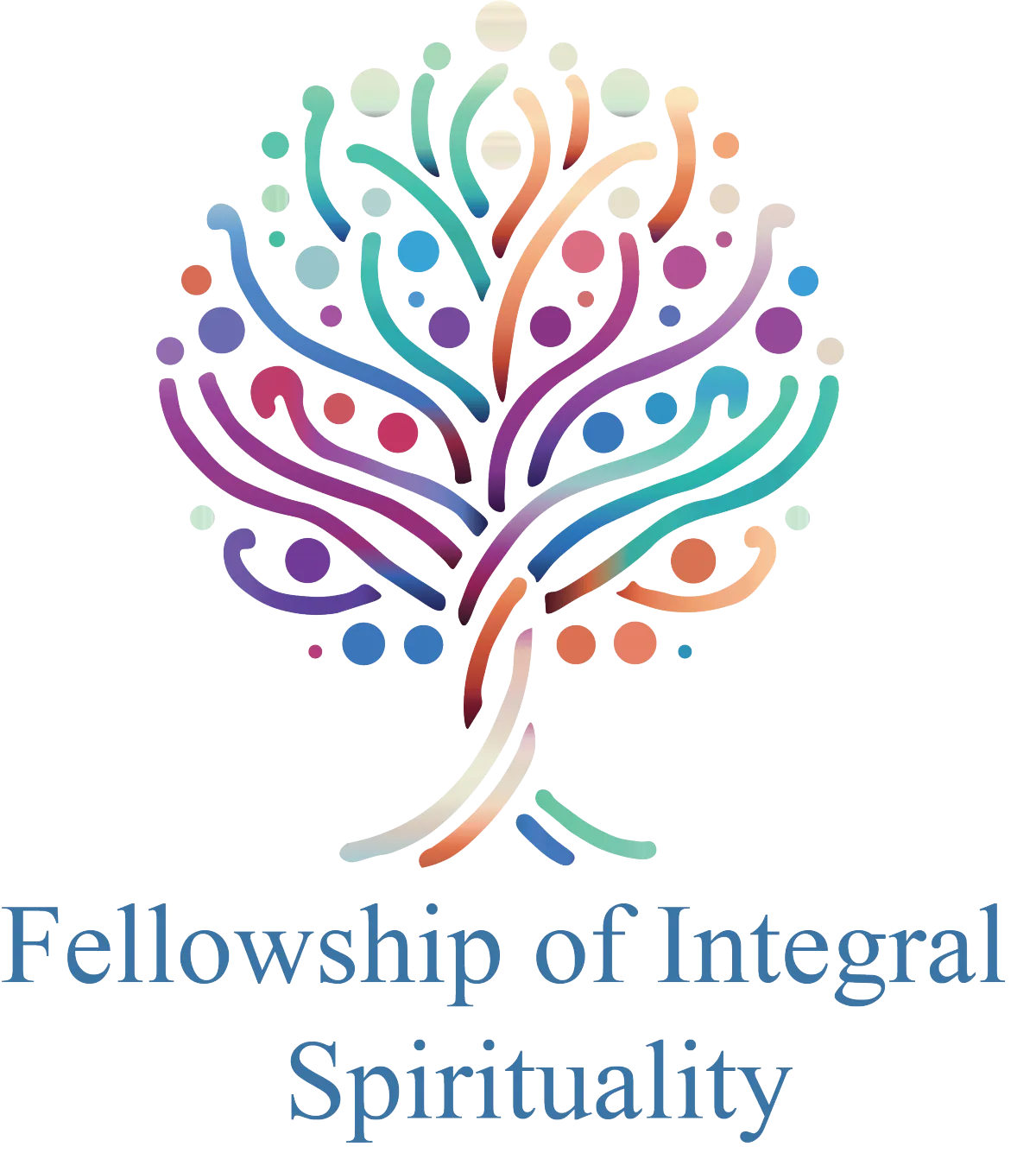ABOUT US
What is Interspirituality?
The Fellowship of Integral Spirituality" holds to a concept called, "Interspirituality." Interspirituality is a holistic approach to spirituality that honors the wisdom and practices of various religious traditions while recognizing the shared, universal truths that connect them. Rather than diluting or simplifying these traditions, interspirituality seeks to integrate their most profound teachings into a richer, more personal spiritual journey.
At its core, interspirituality acknowledges that the rituals, disciplines, and insights of individual paths often point to the same higher truths. It celebrates the diversity of spiritual practices, understanding that while the languages of faith may differ, they often speak of the same deep realities—of love, compassion, interconnectedness, and the sacredness of life.
For instance, consider Maria, who grew up Catholic but found herself deeply moved by the meditation practices she discovered in Buddhism. Through interspirituality, she integrates the rosary with mindfulness meditation, finding that both lead her to the same place of inner peace and connection with the divine. This blending of practices allows Maria to deepen her spiritual life in ways that feel both authentic and expansive.
Similarly, John, a former evangelical pastor, encountered Sufi poetry that spoke to his soul in ways he hadn’t experienced before. By incorporating the mystical insights of Rumi alongside his Christian devotional practices, John deepened his experience of divine love, realizing that both paths led him to the same truth: the boundless compassion of the Creator. John's journey exemplifies how interspirituality can enrich one’s faith by drawing from the deep wells of wisdom found in multiple traditions.
Amina, a lifelong practitioner of yoga, found new depth in her spiritual practice by attending a Jewish Kabbalah study group. Through interspirituality, she began to see the parallels between the yogic philosophy of unity and the Kabbalistic concept of divine oneness. These insights enriched her understanding and practice, allowing her to embrace a broader spiritual vision. Amina’s experience highlights how interspirituality can reveal the common threads that run through different spiritual paths, leading to a more profound and integrated understanding of the divine.
Through stories like these, we see that interspirituality is not about reducing spirituality to a lowest common denominator. Instead, it’s about exploring the common ground that exists between traditions, drawing from the deep wells of wisdom each offers. This approach allows us to craft a spiritual path that resonates personally while still respecting and valuing the richness of each unique tradition. It’s about embracing the fullness of our shared spiritual heritage and walking a path that leads us to a deeper understanding of ourselves, each other, and the world around us.
Interspirituality invites us to see beyond the boundaries of any single tradition and to recognize the universal truths that bind us all. By doing so, it offers a way to live a spiritually vibrant and fulfilling life, enriched by the diversity and depth of the world’s many spiritual traditions.
Copyright 2024. All rights reserved
